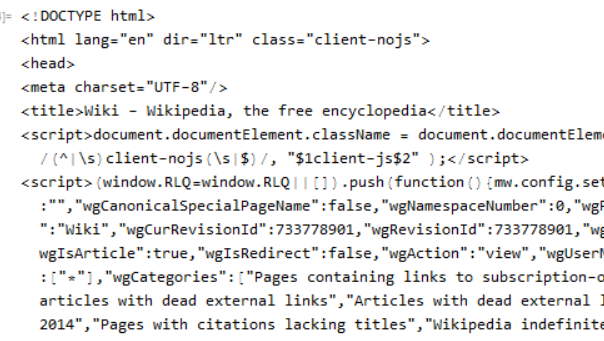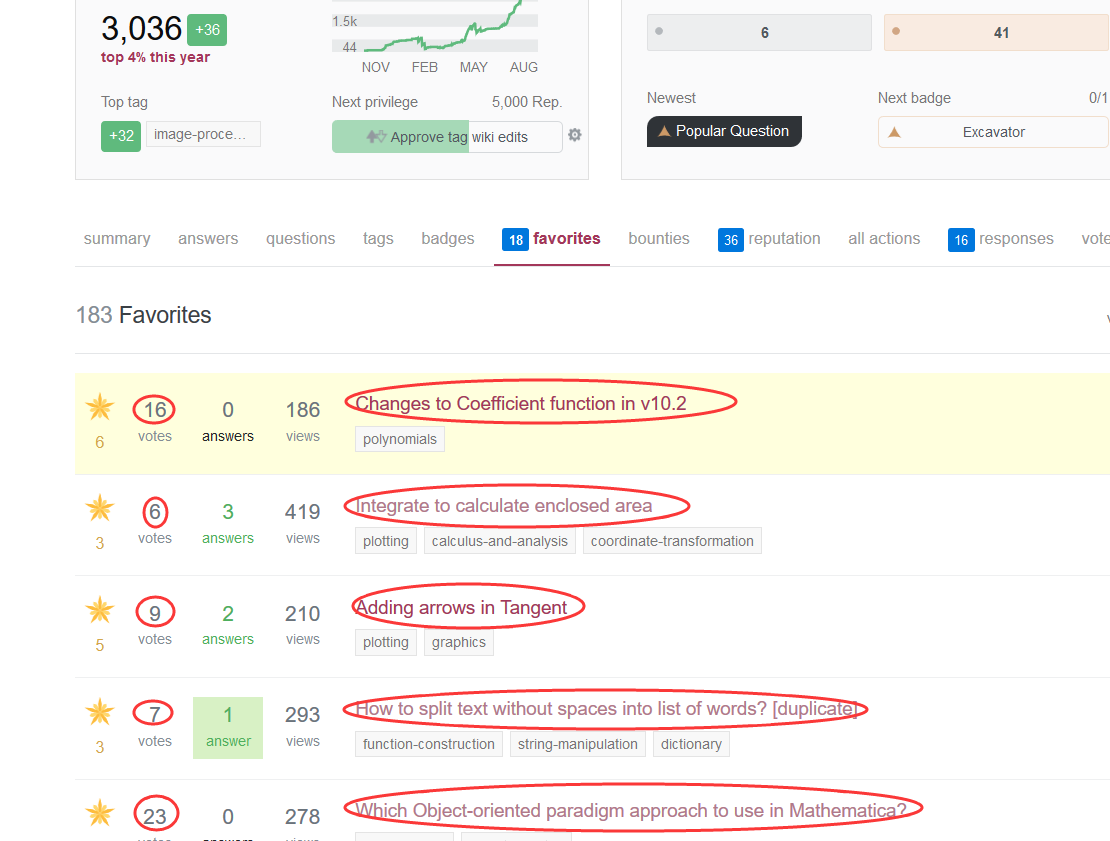In version 11,if we want to crawl public website like wiki,we can do it like this:
URLRead["https://en.wikipedia.org/wiki/Wiki", "Body"]

But I don't know how to crawl some website needed username and password,such as Stack Exchange,our Facebook homepage or our educational management system.Of course some webs providing some API can help us to do this.but I don't want to use method of API to do this.Anyone can give a example to do it?For example,how to crewl the Stack Exchange of Mathematica.I want to get all of the favorite items and its number of vote in my homepage like following

I prefer to the answer use Mathemtica of version 11,because it start to support cookie(FindCookies),which maybe help to simplify the process.
